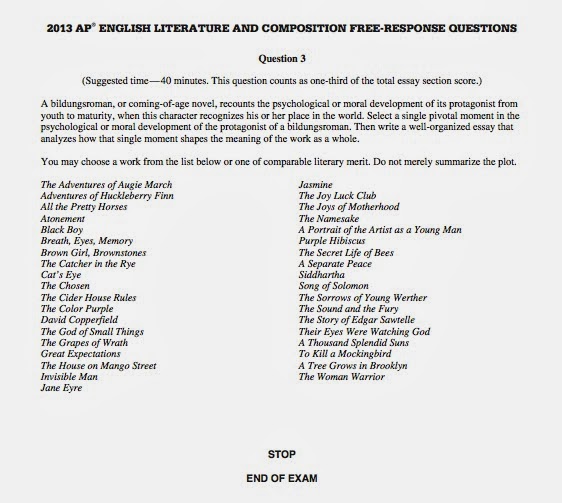A New Way of “Doing School”
As an incoming high school senior you think you know what to expect. You’ve already done this three times so you’re practically a professional. Show up to class, do your homework, regurgitate facts for the test, and get the A; that is how you do school. However, this was called into question our senior year. Were we actually learning? Were we engaged? No, not really. Open source learning brought about a different way of “doing school”. Us students guided the way towards what we wanted to learn and how we wanted to learn. We were entrusted with our own learning. This trust was earned through years of proving we wanted to learn more and achieve more. As AP students we are the ones pursuing a more challenging, but also more rewarding route. Thus we are deserving of finally taking control of our own education.
What are you passionate about? Most of us were taken aback when this question was posted on the board as we walked into class a few months ago. How did our passions have anything to do with english class? After weeks of thinking over this question, I decided my passion was adventure and the pursuit of happiness. Deep down I had always known this, but after years of schooling I hadn’t found that this passion could be related to my education. I was wrong. Through following my passion in my masterpiece project I learned more than I did in many classes throughout the years. I learned how to step out of my comfort zone, how to collaborate, and how to build stronger relationships with others. I’m positive that these lessons are more important than knowing Columbus sailed the ocean blue in 1492. With these lessons under my belt I feel more prepared to take on the challenges that college will throw at me.
Along with finding our passions, a key part of this class was finding connections between our passions and literature. Throughout my journey though English, Literature, and Composition I related to Leah from “The Poisonwood Bible”. She was one of the most dynamic characters I’ve ever read about, she transformed from a God-fearing preacher’s daughter to an political activist traveling throughout Africa. Although I cannot relate with her specific situations, I can relate to her transformation. She began as a young girl following the system and ended as a free individual following what she believed in. I can also relate to Bernard, from “Brave New World”, for similar reasons. Bernard felt like he was different, because he saw the flaws in the system he was a part of. I think many open source learning students, can relate to this trait of Bernard, because our eyes have been opened up to the possibility of school without strict boundaries so we hope for something more.
It was interesting to see that through Masterpiece Academy many students had similar passions, they were the sides of their personalities that many of their classmates hadn’t seen before. I was happy to witness an ongoing theme of positivity and happiness throughout many presentations. My own masterpiece was a living scrapbook of the adventures my friends and I had gone on in the last few months of our senior year. We called it “The Adventures of Us”. The Adventures of Us wasn’t just about our lives, but also about inspiring others to go out and do the things they’ve always wanted to do and build positive relationships with those around them. This theme was present in Breanna, Whitney, and Eli’s “Seize the Day” Presentation, where they focused on living each day like it is your last. Their inspirational video showed their adventures and Breanna’s face while skydiving caused the entire class to laugh like hyenas. Hayley’s “The Perfect High School” was had a similar theme in creating a positive experience out of high school and cherishing memories and relationships. Two more inspirational video presentations that solidified the theme of positivity and happiness were Miranda’s and Danny’s. It was interesting to see that when given the freedom to choose whatever we’d like to pursue, that many of us have similar aspirations; we all just want to make the world a better place.
Yes, I have been on quite the journey in this course, from Day 1 when I had no idea how to react to all this freedom to the last few days being able to sit back and soak in the aurora of passion as people presented their masterpieces. However, I don’t think I am the hero of this story. We are all the heroes, we all responded to the call to adventure, and we all pursued our passions.


